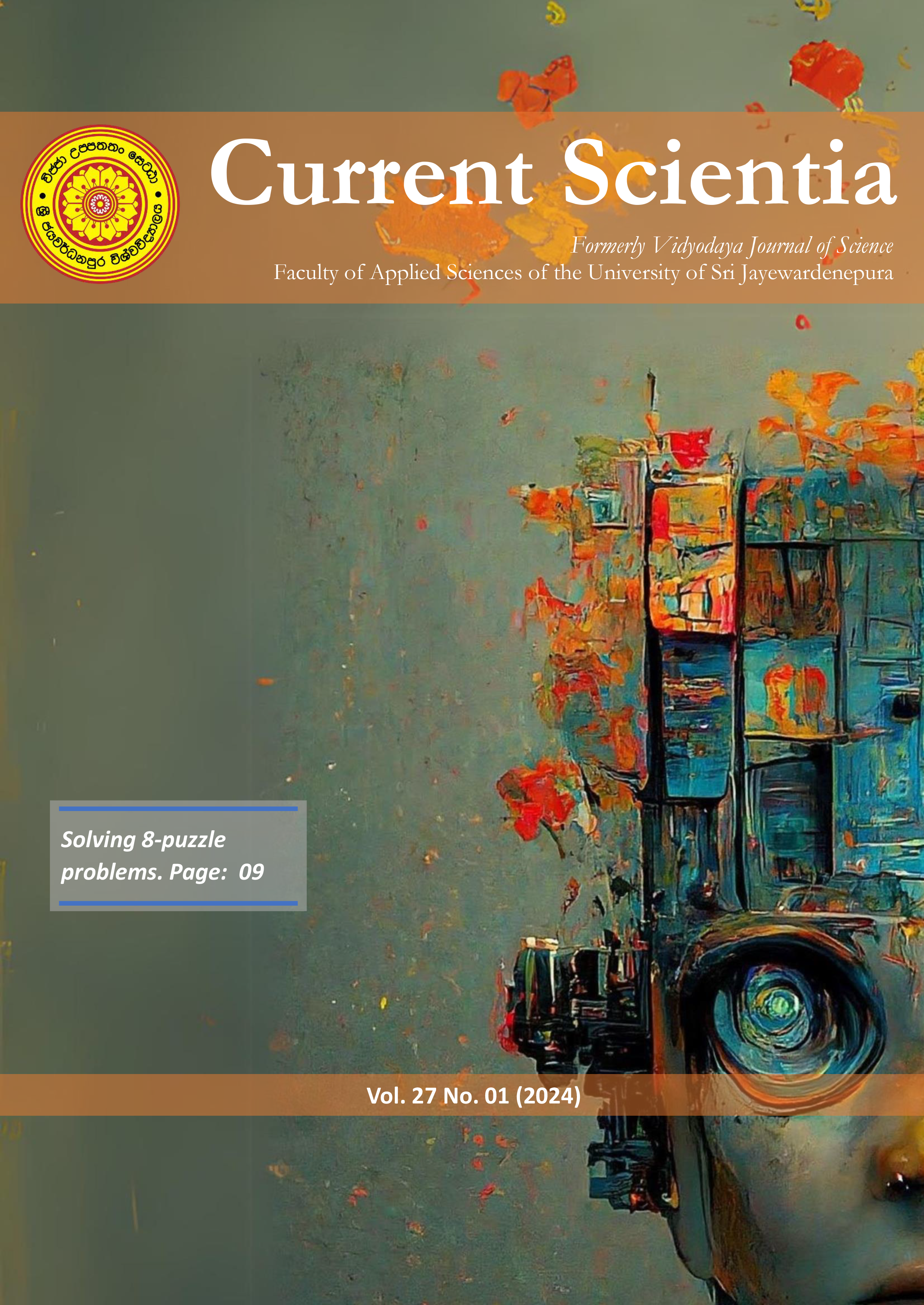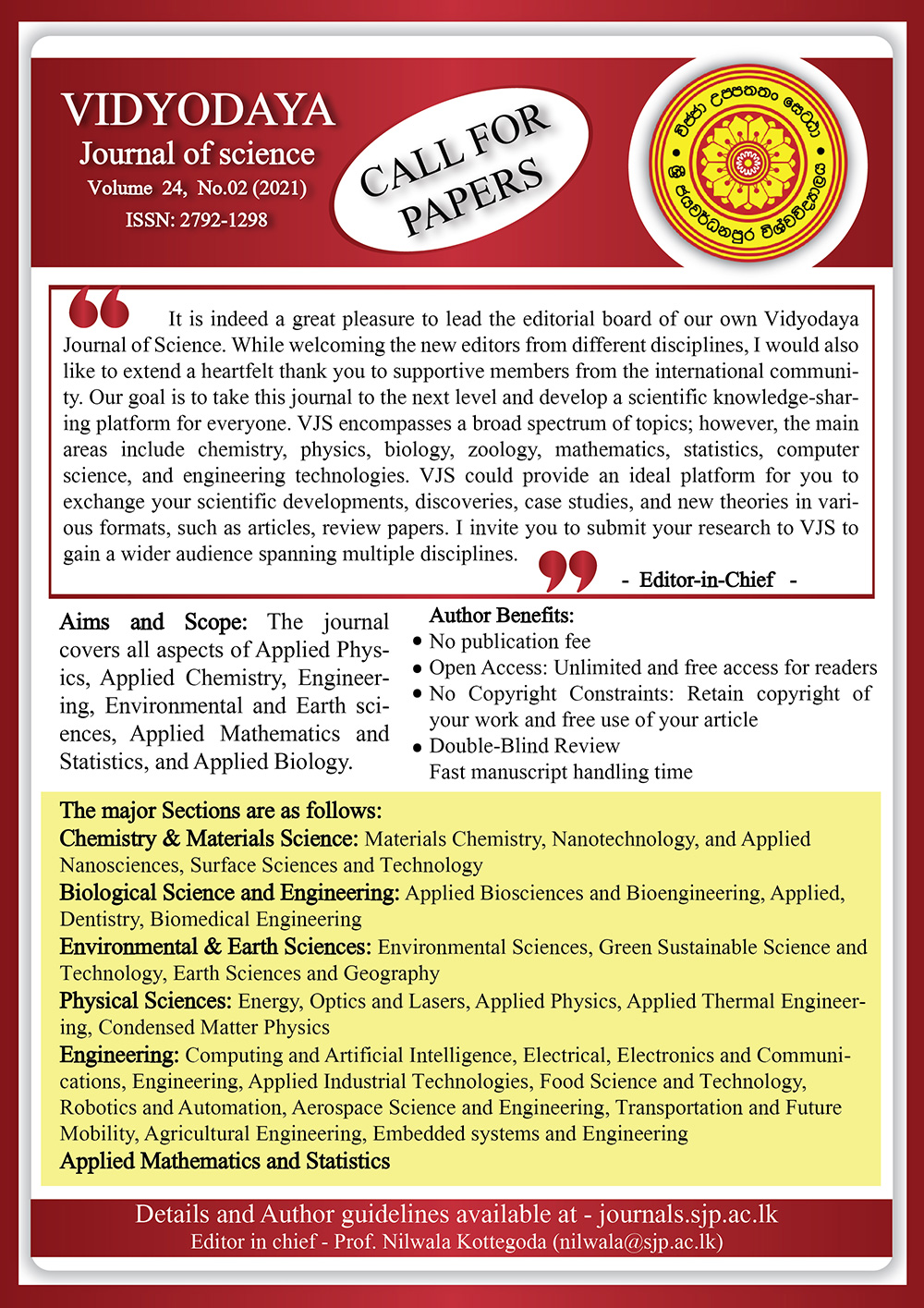Sustainability: Thinking Wide
DOI:
https://doi.org/10.31357/vjs.v27i01.7492Abstract
My first feelings of the theme “Sustainability in the rubber industry”, were exciting and somewhat intriguing. Much has been conceived, conceptualized, discussed deliberated, implemented and various disciplines have emerged on sustainability, which are sometimes, overwhelming to a professional of the older generation. A wide array of theories, disciplines, and technologies have come up during the last 30 years in this area, reminiscing of the eras of 5S and ISO and Lean Management in the early 90s, which took the business and industrial community by storm. I must honestly admit that my experience, in the tyre industry and its sustainability in areas such as material development, (including Nanomaterials), green design and processing technologies, greener technologies and breakthroughs in EVs, is minimal and hence I prefer to leave it to the professionals, and endeavor to share some of my thoughts in this topic of contemporary interest. Another reason for my excitement is the status of affairs in the economic downturn in Sri Lanka and the hardships which we as Sri Lankans are personally experiencing at the moment. Indeed, we are not alone in this predicament and practically every nation is going through unprecedented difficulties, although Sri Lanka is one of the worst affected. Lack of focus, foresight and the inability to comprehend hindsight and not implementing and monitoring practical solutions and corruption are the reasons for not being in a sustainable position for any country, and this applies equally well to business organizations as well.
A little over two years ago I penned an article in Tyre Trends on “Sustainability or Vulnerability” at the peak period of the Covid-19 pandemic. The focus of the article was on the relevance of integrating traditional wisdom with modern strategies for sustainability, especially in countries like India and Sri Lanka, which possess a vast extent of collective consciousness accumulated for nearly 4000 + years, and the vulnerability of over-dependence on Western Models based on consumerism.
Milton Friedman, the American economist and statistician who received the Nobel Prize in 1976 for his research on consumerism argued in his famous essay that the social responsibility of business is to increase its profits for its shareholders and concluded profit maximization is justified for the risks taken by the investor. This statement made fifty years ago remains polarizing in today’s context; we cannot find fault with entrepreneurs who adopt a strategy of maximizing the use of resources for the maximization of business profits, since after all profit is not such a dirty word as first Prime minister of India, Shree Jawaharlal Nehru once stated. Profit motivation and maximization have been the driving force throughout the four industrial revolutions, resulting in enhancing the quality of life in most countries of the world; especially in what are called the developed countries.




